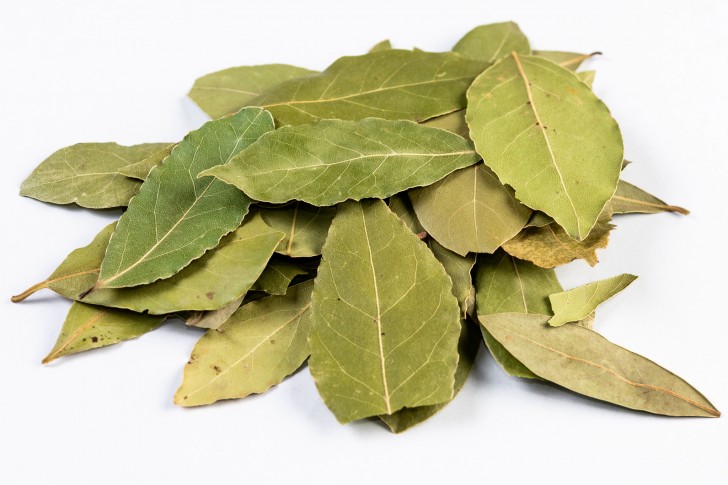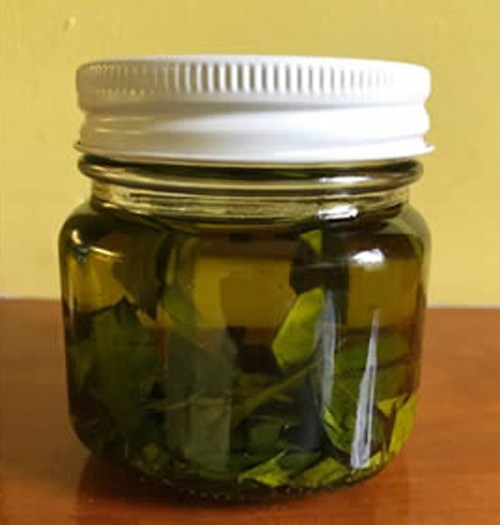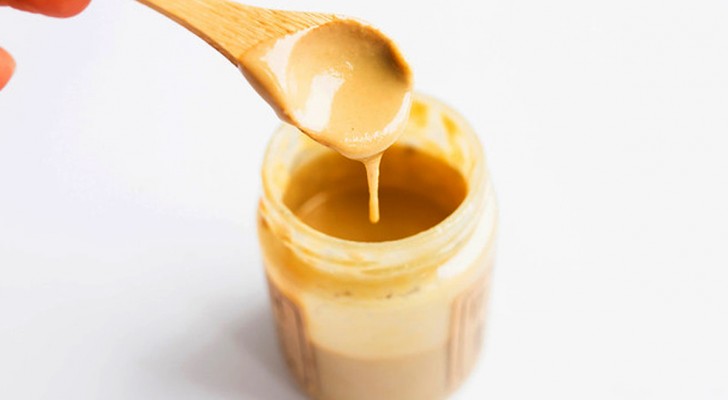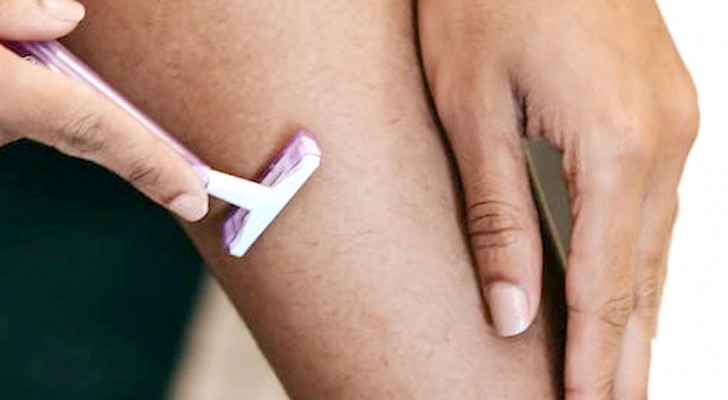Homemade bay leaf oil is a concentrate of vitamins and goodness that can be used to flavor any dish

Bay aka laurel is an aromatic plant used mainly in the kitchen to flavor dishes, but its leaves also have numerous beneficial properties for our health.
Fresh bay leaves are an important source of vitamin C, one of the most powerful natural antioxidants capable of counteracting the action of free radicals, as well as having antiseptic, digestive and anti-viral properties.
Bay leaves are also a good source of folic acid and vitamin A, fundamental for the health of the eyes and skin. Moreover, the B vitamins that bay leaves contain help regulate our metabolism.
To take advantage of the benefits of bay leaves, you can use, for example, bay oil - useful both in the kitchen to flavor foods and for leg or back massages.

To make bay leaf oil, it will be necessary, first of all, to obtain some of the bay leaves from a mature bay leaf plant.
Choose the leaves carefully, avoiding those that are too green and preferring more mature ones, with a color tending towards brown because they are the ones that contain more oil.
Once you have obtained the bay leaves, proceed as follows—first, wash them thoroughly, trying to eliminate any possible dust or dirt.
Remember! Avoid choosing any curled leaves that are light green or yellowish in color, as they may have been targeted by insects - discard them immediately!
After washing them, dry them well, so as to avoid leaving moisture in your homemade laurel oil. As for proportions for the ingredients, w recommend using 4-5 bay leaves per cup (250 ml) of extra virgin olive oil.

Once the bay leaves have been prepared, equip yourself with an opaque container, preferably dark, so as to avoid light penetration.
In addition, absolutely avoid metal containers because they could alter the flavor of your bay oil. Be careful also not to expose bay oil to sources of heat, as the oil may be altered or become rancid.
Place the bay leaves on the bottom of the jar and pour in enough extra virgin olive oil to cover them completely. Let it macerate for 15-20 days, taking care to shake the contents of the jar from time to time.
Once this time has elapsed, you can use your delicious bay leaf oil right away to season meats and salads.





